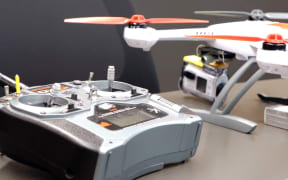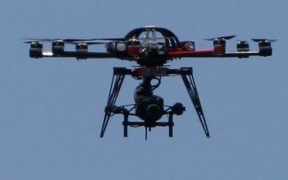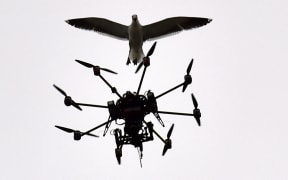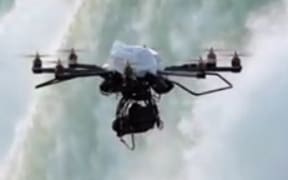New regulations for drones mean operators of the unmanned aircraft will have to get permission from owners of property they plan to fly over unless they have an operating certificate.
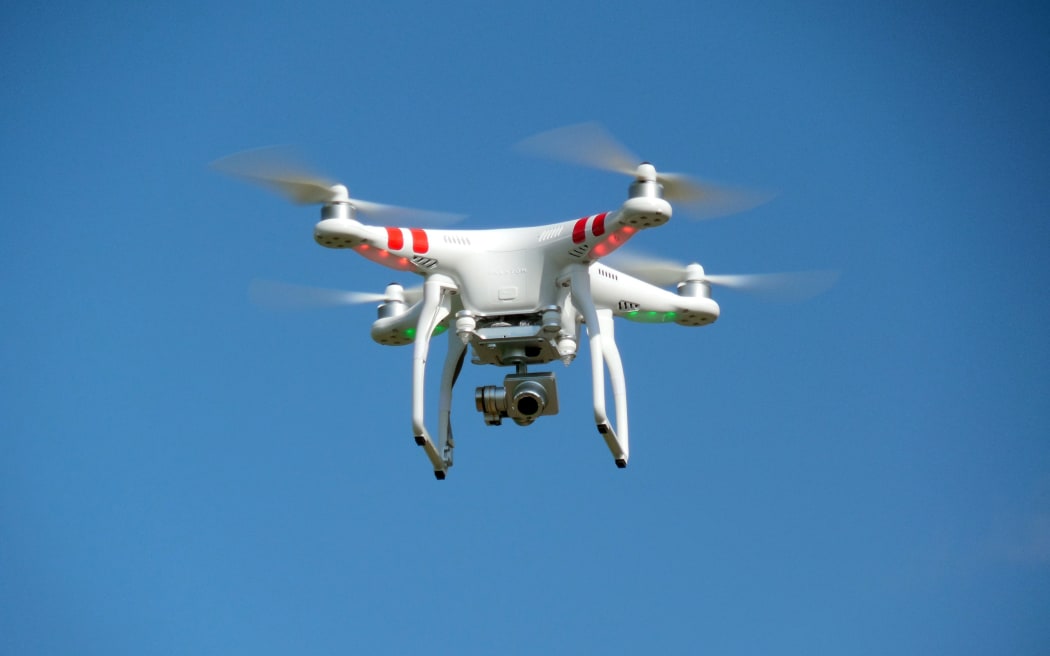
Photo: SUPPLIED / Pixabay
Under the new Civil Aviation Authority rule announced this morning, users of Unmanned Aerial Vehicles (UAVs) will have to have a safety plan in place and consent from owners of property they are flying over.
Those who cannot get consent can still fly a drone if they have an operating certificate from the Civil Aviation Authority (CAA). The aim is to regulate the use of drones and increase safety.
The authority's general aviation manager, Steve Moore, said the move was needed because the number of aviation incidents involving drones had increased in the past three years.
"Drones have the potential to fly in the same airspace as commercial aircraft, so rules need to be put in place."
Mr Moore said there were thousands of UAVs being flown in New Zealand, but most people were not aware of the rules for using them. He said the new rule struck a balance between safety and enabling operations.
There have been 53 UAV incidents recorded so far this year, compared with a total of 27 last year. Penalties, to be enforced under the CAA Act, will include fines ranging from $250 - $1000.
UAVs are currently regulated under a rule designed for model aircraft, and that would still apply to lower risk drone use, including recreational models.
But from 1 August, operators will require certification from CAA if a drone is used at night, beyond the line of sight, or above 120 metres.
Transport Minister Simon Bridges said the new rule would encourage innovative use of drones while ensuring the safety of the public, property and other airspace users. He said drones were being used more than ever, in agriculture, energy, film and television and many other industries.
"This new rule is going to enable more innovation in drone use, not stifle it. The rule makes sure they are safe and responsible.
Ollie Dale uses drones in the film industry. He said it was an exciting time for commercial operators.
"They help me set in stone what i need to do to get my job done.
"It's going to open up things like flying at night, if I can prove to the CAA that I can do it safely and responsibly. And that opens up more opportunity for me as an operator in the commercial world to shoot things that are happening after the sun goes down."
He said while he was able to get exemptions previously, it was a long process and they were usually valid only for a day.
"The new rule will enable me to get a certificate for two years."
Mr Dale said he was not sure how drone operators could go about getting permission from the owners of private properties.
"Sometimes when I am filming something I have to fly over hundreds of properties, I can understand the privacy part of it but I'm not sure how that aspect of the rule is going to work."
The new rule comes into effect on 1 August. To find out more, visit www.airshare.co.nz
